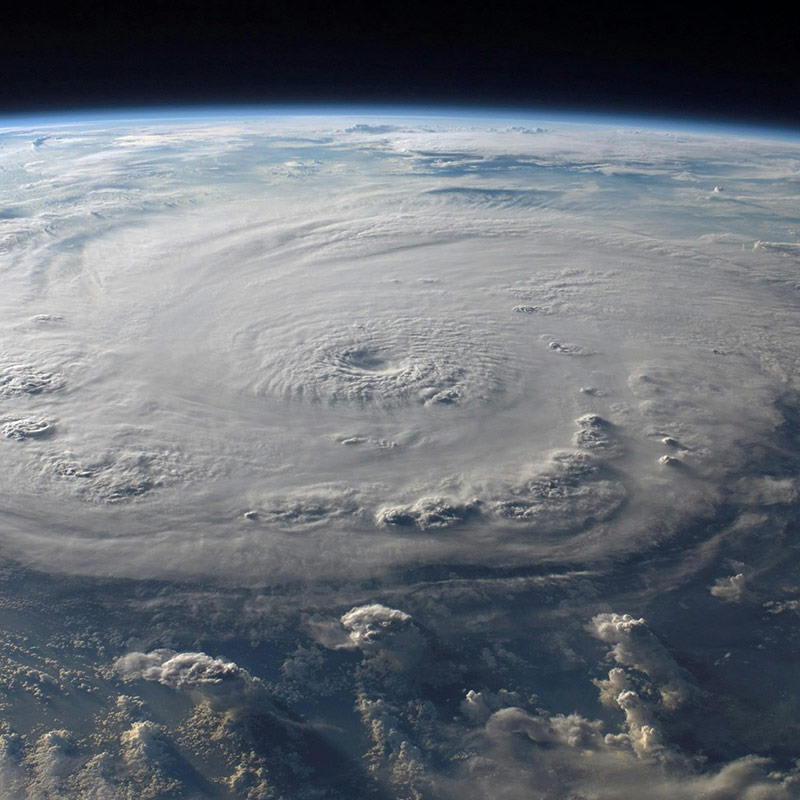As wildfires, floods, and heatwaves become more frequent, climate change is no longer a distant concern—it’s a daily reality. And for many, that reality is triggering a profound emotional response known as eco-anxiety: a chronic sense of worry, grief, or helplessness about the planet’s future.
Recent studies show that nearly 40% of Canadian youth report mental health impacts from climate change, including fear, sadness, and existential dread. This growing distress isn’t limited to young people—it affects adults, parents, and communities grappling with uncertainty and loss.
What Is Eco-Anxiety?
Eco-anxiety is not a clinical diagnosis, but it’s a very real psychological experience. It can manifest as:
- Persistent worry about environmental collapse or future disasters
- Grief and guilt over biodiversity loss or personal carbon footprint
- Feelings of powerlessness in the face of global systems
- Avoidance or paralysis when trying to make sustainable choices
For some, these emotions are motivating. For others, they become overwhelming—interfering with daily life, relationships, and mental health.
How WINCC Can Help
At the West Island Neuropsychology and Counseling Centre (WINCC), therapists are attuned to the emotional toll of living in a climate-changed world. While WINCC doesn’t offer climate-specific programs, its services are well-suited to help clients process eco-anxiety and build resilience.
Individual Therapy
WINCC’s clinicians use approaches like CBT, ACT, EMDR, and mindfulness to help clients:
- Explore and validate their climate-related emotions
- Develop coping strategies for anxiety and grief
- Reconnect with values and purpose
- Transform worry into meaningful action
Support for Youth and Families
Children and teens are especially vulnerable to climate distress. WINCC offers therapy and psychoeducational assessments that help young clients:
- Understand and express their emotions
- Build emotional regulation skills
- Navigate climate-related fears in a supportive environment
Coaching and Remediation
For individuals with ADHD or executive functioning challenges, climate stress can compound feelings of overwhelm. WINCC’s coaching services help clients stay focused, organized, and empowered—even in uncertain times.
From Anxiety to Action
Research shows that taking action—whether through advocacy, lifestyle changes, or community engagement—can help reduce eco-anxiety. WINCC therapists support clients in finding their own path toward hope and agency, grounded in emotional clarity and psychological strength.
Learn more or book a consultation at wincc.ca.

